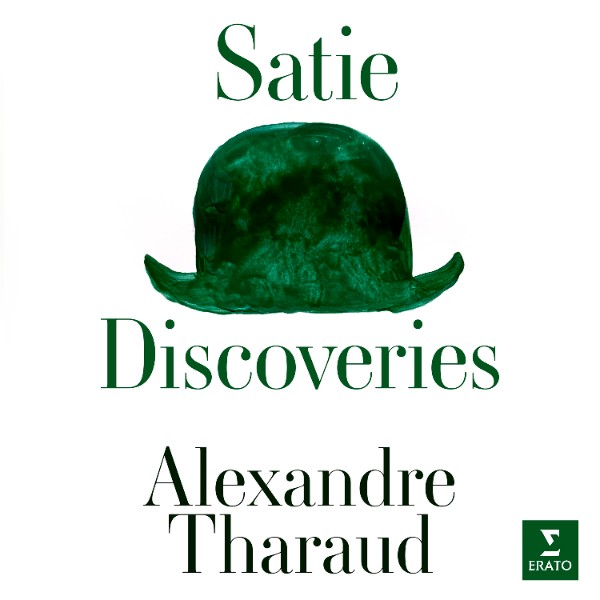Born and raised in the Netherlands, Sharon Niessen started her musical journey at the age of 9. The winner of a number of prestigious national and international piano competitions, she has been performing from a young age and has received much praise and recognition for her intelligent musicianship combined with sensitive, lyrical playing.
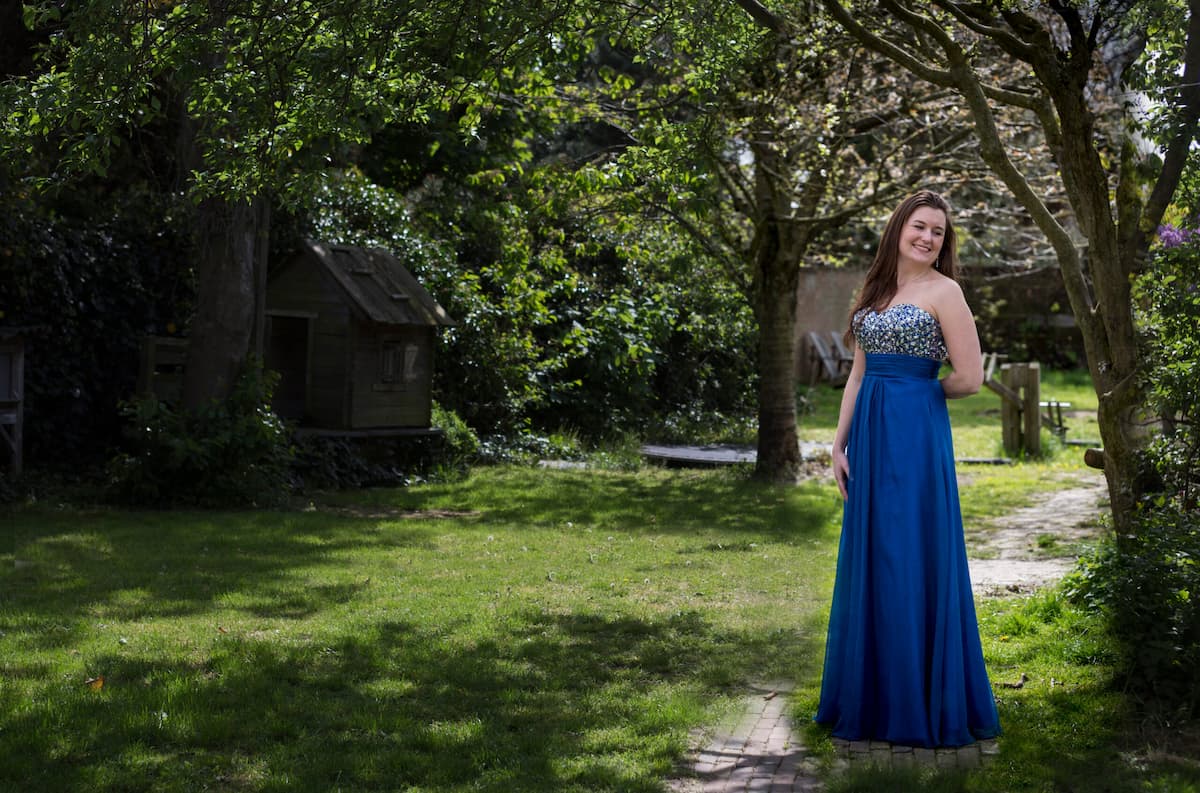
She will shortly release an album of live concert performances of Schumann’s Carnaval and music by Liszt, Rachmaninoff and Debussy.
In this interview, Sharon discusses the experiences and challenges of being a professional pianist, including performance anxiety and managing stress, the importance of understanding the composer’s intentions and finding a balance between striving for excellence and maintaining a healthy relationship with music.
Tell us more about your Live Recitals album
There are concerts which I’m proud of, and I just wanted to release these recordings. That’s a great thing, if you can actually publish something on Spotify or iTunes, and you just want to share music with your audience, with other people, to make music more accessible for other people. And a lot of people ask me “do you have something on Spotify I can listen to?”.
You know, there’s a difference between a live concert versus recording an album – and also for the audience. There are certain things in live performance which can distract the performer or the audience – the theatrical aspects, such as the musician moving around or noises from the audience – but with a CD recording people can really listen to and fully pay attention to the music. It’s a real difference. So that’s actually the nice part of having an album to listen to, and that’s what I have in mind to do.
Thinking about the composer’s intentions, how do you navigate what’s written on the page and turn that into music?
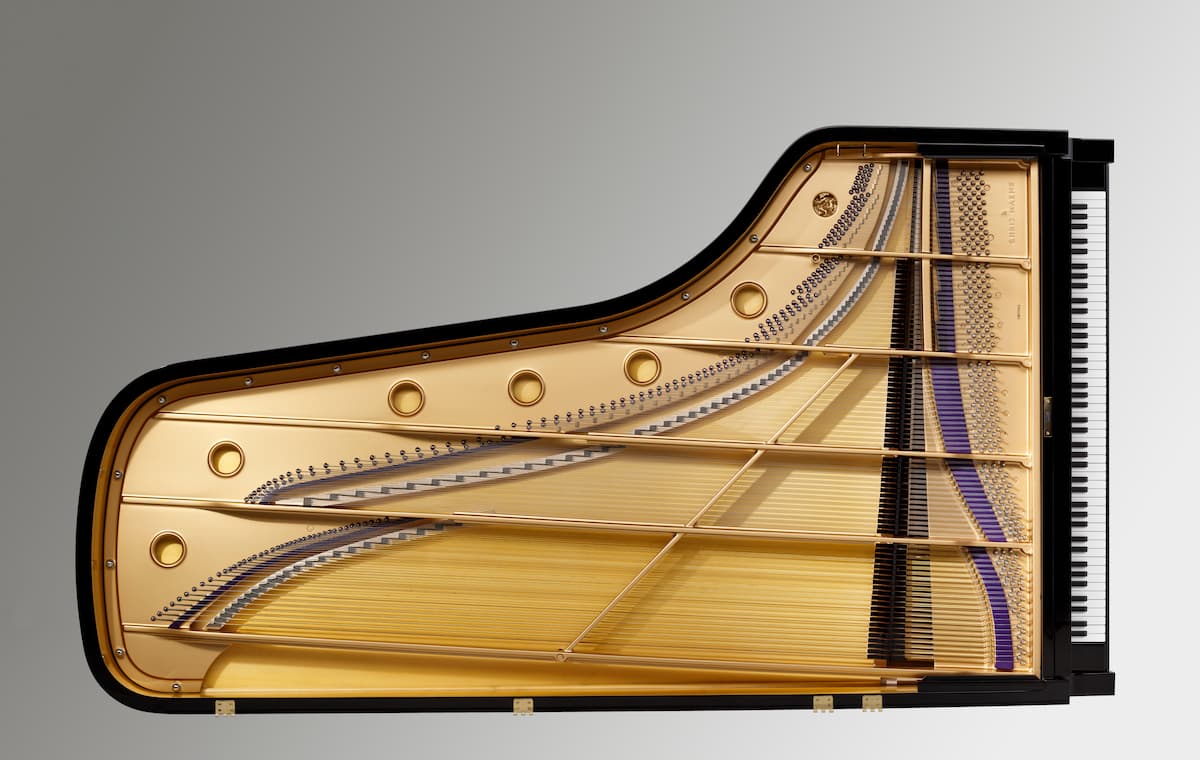
Chris Maene straight strung piano
As musicians, we are always trying to strive to really make things sound like the composer intended. And of course, we can’t ask the composers, but there are also still very old recordings from pianists and musicians which are actually perhaps the closest to the authentic sound. I’m always wondering about dynamics – take forte, for example: a Mozart forte and a Chopin or Rachmaninoff forte are way different. Mozart didn’t want a really strong forte. Some people play Mozart like Rachmaninoff, for example. It’s a shame, because Mozart really wanted to make the music sound elegant. You want elegance in Mozart.
But the other thing we are really struggling with is the modern pianos. The fortepianos [of Mozart’s time] sounded so different to the modern piano, and that’s why we learn in
conservatory to also play on a fortepiano. And sometimes it’s good to do that, because you really get familiar with the sound. A modern piano just has way too much body. The Belgium piano maker Maene has created a straight strung grand piano so you have both: the brilliance of a straight strung piano and the body of a modern piano.
There’s almost no way to make it sound how a composer wanted it to be. But there are so many different interpretations. And sometimes the personality of the performer is also a big deal in interpretation: we hear differences between, for example, European musicians and musicians from Russia, from China…. And there’s also a difference in character. So that also plays a role in how you interpret the music.
On practicing and being a pianist/musician
Heinrich Neuhaus had a very interesting vision about music and playing and what it actually means to be a pianist, a musician, and how to deal with being a pianist; basically, that the whole secret of talent and genius is that the person lives a full life in his or her brain before they even touch a keyboard or draw a bow across the strings. It’s like the idea in your head needs to be so strong that you can actually translate it to your instrument.
“Do not find yourself in the music, but find the music in yourself.” – Heinrich Neuhaus
Especially in conservatory, we learn to practice, practice, practice…. Of course, I needed it and if I hadn’t done this, I wouldn’t have gotten this far. But it’s also very, very important to practice with your mind, and not be practicing on the piano all the time. You really need to get away from scores, and maybe sometimes do things other than playing piano, like spending time in nature, to be inspired by nature. It sounds silly, but there are definitely things that you actually learn from doing this, because you also really need to meditate about music. And I think that should be a big part in the way of how you practice. That process of becoming a mature musician starts after conservatory, and it goes on through your whole life.
Sharon Niessen plays Franz Liszt Sonetto 47 del Petrarca
Let’s talk about performing and stage anxiety
Well, it’s a big deal, and I know a lot of musicians just don’t want to talk about it [stage anxiety]. I just learned to cope with it. I think that the key in performing is really wondering, Why are you doing this? Why are you performing? Performing for an audience is about sharing. I really want to share music with my audience, and that actually helped me to cope with anxiety on stage.
You should always realize why you make music. Because you love making music. You love to share it with others. And in a concert, you really do it together. You try to feel the energy of the audience, the vibe in a concert hall. You know, no venue is the same. You really do it together [with the audience]. You try to tell a story, let the music speak, and that’s what you should be focused on, not on “oh my god, I’m gonna play the wrong notes!”, or something like that…
The other thing I sometimes do to overcome anxiety is to create a concert setting. It sounds weird, but it works. Create a concert setting in your home – put out some chairs and perform.
There is no such thing as perfection. We are human beings, we are not perfect. We are not robots. I saw a post on social media the other day from Lang Lang. He said something like, when you really try too hard to avoid making mistakes, you’re not going to get there.
Just enjoy the music. As musicians, that’s our misconception [about audiences], that we think they care about mistakes. They just want to hear some amazing music.
Sharon Niessen plays Robert Schumann – Carnaval op. 9
I also really love playing chamber music as I like to share my love for music with others, which is why I play with my violin-piano duo and piano trio. And it’s not just music that you share. It’s sharing joy and laughter, but also difficult moments.
How do you maintain a healthy relationship with music in a profession which today is so very crowded and competitive?
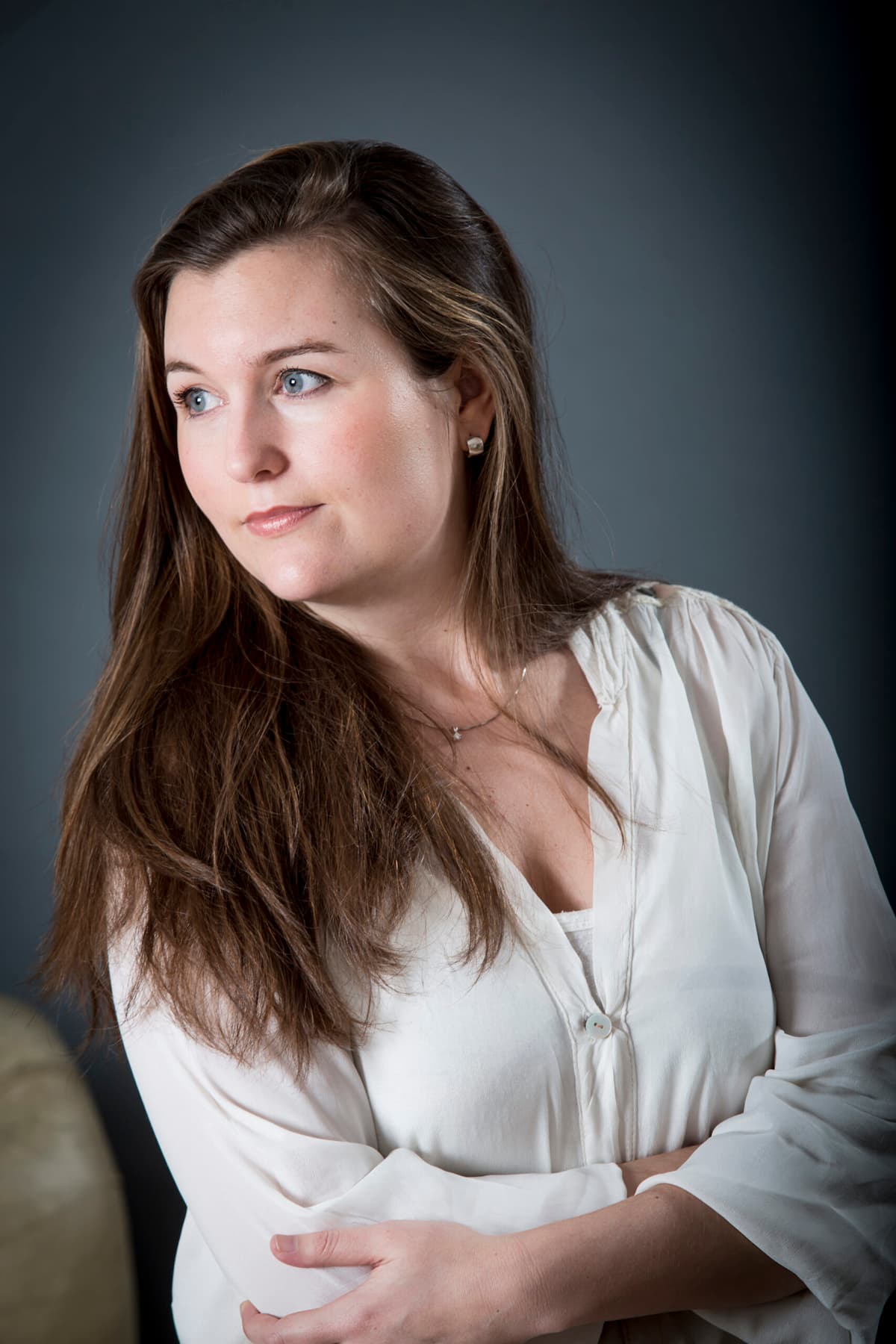
I was admitted to a young talent department of the conservatory. So for me, it started when I was 14, which is very young. It was sometimes very stressful, because you always wanted to be the best, to be the best musician…. But is this a healthy thing to be, always striving to be the best? I think it’s good to let go of the idea that you need to be the best musician. I think that’s what gives people stress; because you can also decide to not take part in that competition and just focus on your own progress, process and maturity. This is the only way to become the best musician. The process of becoming a mature musician is to forget about other people. Just focus on your own path; I think that’s very important.
You look at countries like Russia or China, and kids there get drilled and all that [from a young age]. And sometimes you see those pianists eventually stop doing it because it’s just not fun anymore. It’s very, very hard work – and I am a very hard worker – but it’s important not to forget the beauty of the music. Really try to enjoy it. For example, there is a difference between practicing and playing, they are two different things. So practicing is, of course, where you try to perfect what you’re doing, but playing is just trying to enjoy the music.
What’s your general view on piano competitions?
I think they’re useful, they’re good to do, to a certain degree. It definitely looks great on your resumé to say, “I’ve won 20 competitions”. I was 18 years old when I won the national finals of the Prinses Christina Competition. It definitely brought me a lot of experience, and we had a bunch of concerts. After that, I got to tour with an orchestra, and we played in Carnegie Hall as prize-winners, which was an amazing experience.
I was also prize-winner at the IMKA International Music Competition, with my piano trio, and at the Charleston International Music Competition as a solo pianist. It definitely contributed to my development and recognition. But I don’t think it’s a healthy thing to lock yourself up in a practice room and practice 12 hours a day. It’s just not efficient, and you don’t have a life. Just do other things, get inspired by other things as well. Being a human being also shapes you as a musician, if that makes sense.
As a musician, what is your definition of “success”?
Wow, that’s a great question, and it’s also a difficult question to answer. I think it’s personal for everyone. I would say success is being able to really enjoy music. And be able to get to the core of the music and share this with other people. Also, do what you really love doing in life, which is, in my case, playing piano and beautiful chamber music.
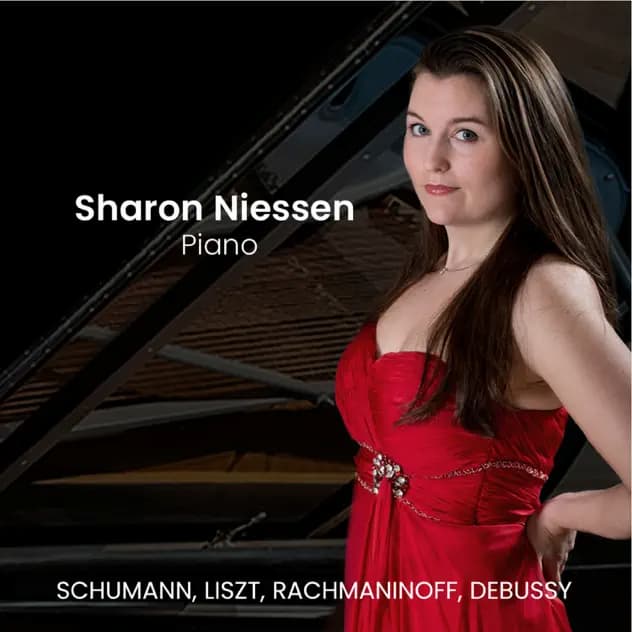
Sharon Niessen’s released ‘Live Recitals’ album is available now.
For more of the best in classical music, sign up for our E-Newsletter

